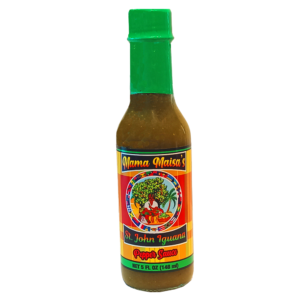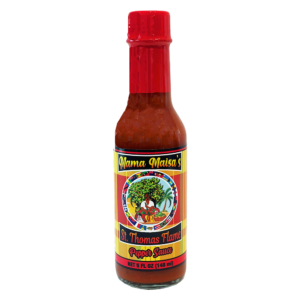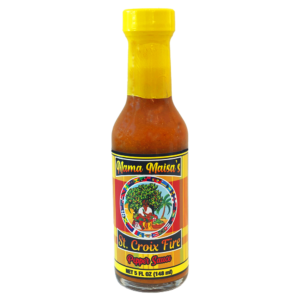Amateur Athlete
A common misconception about amateurs and professionals is that professionals are paid to play sports whereas amateur athletes are not. Amateur athletes often receive some compensation for their efforts. In ancient Greece, for example, victorious athletes in the Olympics were handsomely rewarded for their efforts. As of the early 2000’s many college athletes receive academic scholarships for playing on a college team. Remuneration for amateur athletes is even promoted with federal legislation. The Amateur Sports Act of 1978 (36 U.S.C.A. § 391) created the Athletic Congress, a national governing body for amateur athletes, which administers a trust fund that allows amateur athletes to receive funds and sponsorship payments without losing their amateur status.
The most basic difference between amateur athletic events and professional events lies in their rewards for participation. Amateur events, by definition, do not reward victors with a prize of great value. Professional events, by contrast, reward participants and victors with money and/or other prizes. An accomplished athlete may choose to compete as an amateur if her sport does not have a thriving professional organization. Some athletes can make a living in amateur sports because victories in high-profile amateur events can lead to advertising deals and other business opportunities.
Amateur sports can be divided into two categories: restricted and unrestricted competition. Restricted competition includes elementary school, high school, and college athletics. Sports on these levels are controlled by athletic conferences, associations, and leagues connected to schools and colleges. Athletes in restricted competition must be eligible to play. Eligibility is determined by conferences, associations, and leagues formed by the schools.
Unrestricted competition is open to all amateur athletes, with some qualifications. The Olympics is an example of unrestricted competition. Although only a select few amateur athletes are chosen to represent the United States, any person may seek entry into this elite group by entering recognized contests in the years before the Olympiad and qualifying for tryouts.
Whether an athlete is eligible to compete in amateur events depends on the rules of the governing conference, league, or association. Many events formerly reserved for amateurs, such as the Olympics, were opened to professionals in the 1980s and 1990s. Gymnasts, figure skaters, soccer players, track stars, and other athletes once concerned with maintaining amateur status now may enjoy the fruits of professional competitions without losing access to prestigious amateur events. Often difficult eligibility issues for amateur athletes do not concern professional status. Qualification requirements for particular events and rules prohibiting drug use are among the more challenging roadblocks.
- Sentiment Analysis: The Human Side of AI - May 8, 2024
- Silver Doors: Innovation Markers that Create Generational Wealth and Opportunity - January 5, 2024
- T²xT²: ChumAlum² - November 23, 2023




















